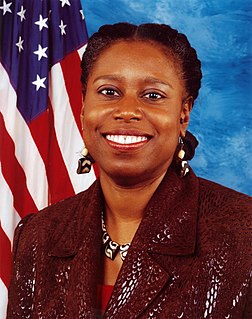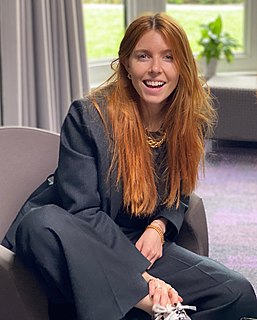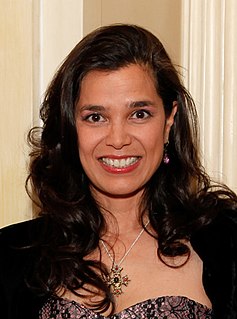A Quote by Unknown
In the Democratic Republic of the Congo, believed to have one of the highest rates of sexual violence in the world, girls and women face increased peril on the road to safety.
Related Quotes
Girls face two major sexual issues in America in the 1990s: One is an old issue of coming to terms with their own sexuality, defining a sexual self, making sexual choices and learning to enjoy sex. The other issue concerns the dangers girls face of being sexually assaulted. By late adolescence, most girls today either have been traumatized or know girls who have. They are fearful of males even as they are trying to develop intimate relations with them.
Ironically, though our society of affluence brings safety and stability, it doesn't bring psychological health. As wealth goes up, suicide and depression rates tend to go up. I read one study that compared women in North America with women in Nigeria, and the group with the highest rates of depression was urban North American women, which is the wealthiest. Now, there are obviously huge stresses that come with poverty, but the poorer the society, the more collaborative people have to be.
I started, actually, as an analyst on African affairs, mainly on Al Jazeera. I remember the first few series were about Saudi students, and the negotiations between the government and the Sudanese rebels in the south. And then, slowly, I was speaking about Congo, Democratic Republic of Congo, Zimbabwe, Mozambique and a few other places.
I love the spirit of young girls and women and try to keep that spirit alive in my life and in my own personality as well as facilitate that spirit to have a place of respect and honor in our society. I am a firm believer that if we turned the running of the world over to the women things would improve markedly in many of the areas in which we find ourselves in trouble: war, poverty, hunger, illiteracy, sexual violence, prejudice, etc.
































